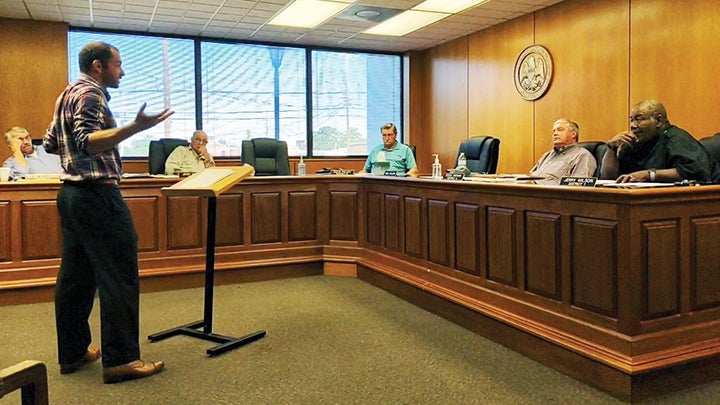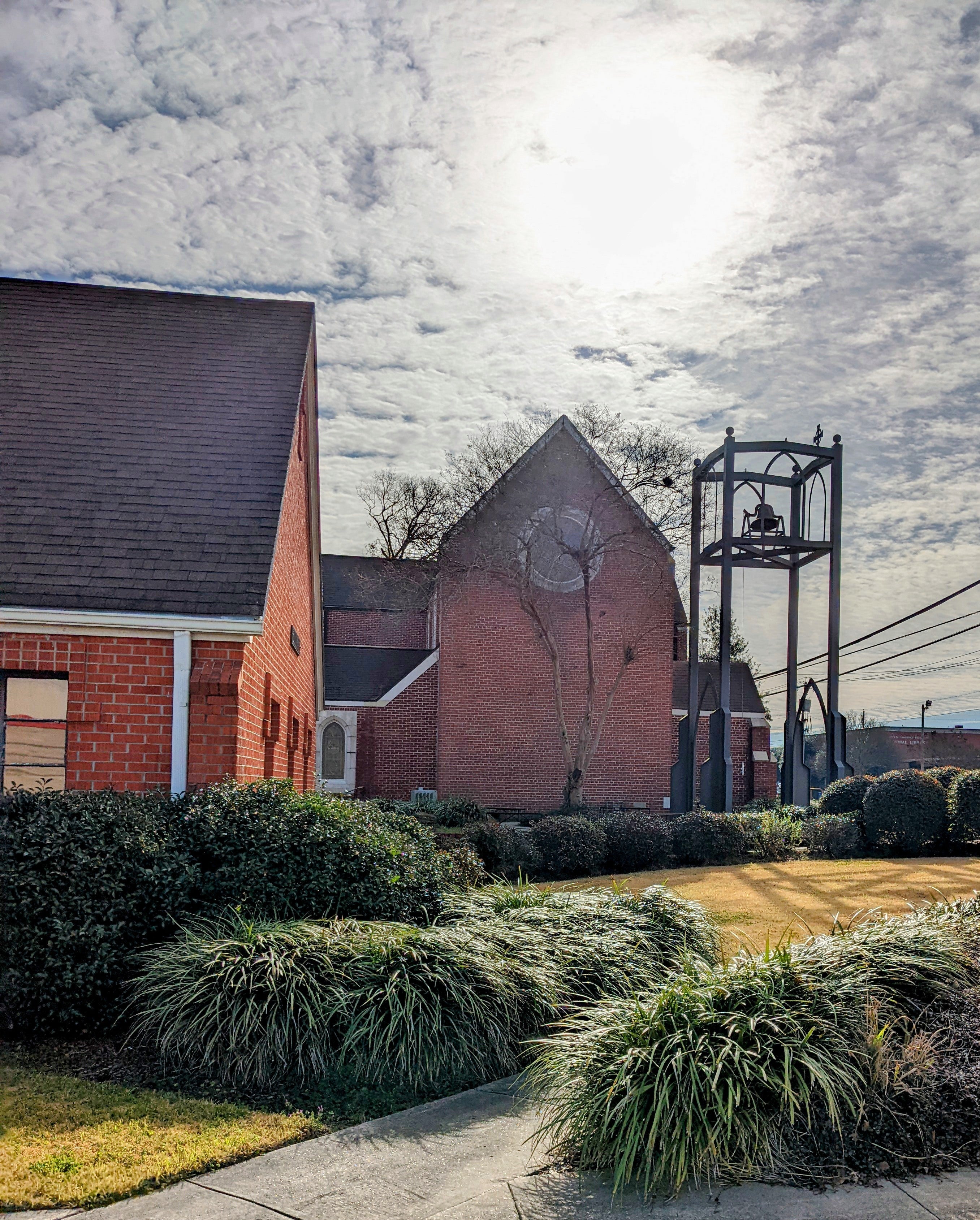Journalists have to call things how they see them
Published 9:00 am Saturday, January 9, 2021
I don’t think I have really discussed this much before because, well, it could be interpreted as self-serving (non-intended), and even after all this time, it is still a little spooky.
It was an already hot June in 2000 and my late wife Phyllis and I were driving down Miss. 49, en route to the press association’s summer convention in Biloxi. I had just pulled into a no longer existent Gulfport establishment for gas and something cold when, Phyllis, who had a little touch of what Stephen King called “the shining,” which is to say, she could be a little witchy from time to time, said—right out of the blue, “I think you’d better figure out what you are going to say.”
“Huh? What are you talking about?”
“Your speech,” she said. “What you are going to say when you win the Emmerich Award.” To which I just laughed. The Emmerich Award, given by the Miss. Press Association to what is judged to be the single best editorial written in the previous calendar year, is considered its most prestigious.
“Besides,” I told her, all knowingly, “that’s a big boy award. Always goes to the editorial writer at a daily.” No editorialist at a weekly paper as small as ours had ever won it. “I know,” she said quite matter of factly, “but nonetheless you better figure out something to say.”
Consequently, Phyllis may have been the only person in the awards ceremony audience not stunned when my name was called. I won for what in these parts is generally known as “the Beaudron editorial,”after we were threatened by then Justice Court Judge Ellis Willard, excerpts from which follow:
“Well, Judge, what if we do? What if this newspaper does dare to write something else about you? Then what? Are you going to cite us for contempt, of ‘your’ court too? Are you going to try to throw us in jail in the middle of the night, too?
“This, Judge Willard, is reality:
“You are not a Supreme Court Justice. You are, in fact, a glorified Justice of the Peace. Justice Court, Judge, is a Vienna sausage in that great judicial hot dog of life. You haven’t a law degree, but sit in judgment over other citizens in a Miss. system which virtually every other state has abandoned for reasons which your recent actions perhaps best exemplify. What you appear to be at present, Judge, is a poster boy for reform of that system.
“This may be Sharkey County, Judge Willard, but it is not the setting for some remake of ‘The Dukes of Hazzard,’ with you cast in the Boss Hogg role.
“And while we are at it, you really don’t preside over ‘your’ court at all. You preside over the Justice Court of Sharkey County, not some personal sphere of influence. That court, one which is well on the way to becoming a case study in what one should never be, belongs to the people of Sharkey County as much as does the paper upon which you write your stream of increasingly provocative and legally questionable orders.
“This newspaper ‘better not’ write anything else about you?
“We must ask, just who do you think you are, Judge? This is not the wild west and your name is not Roy Bean. Are you now prepared to add the First Amendment to the Constitution within that expanding body of American juris prudence which you have apparently decided is unimportant within ‘your’ traffic ticket and Saturday night ‘cuttin’ jurisdiction?
“We call ’em as we see ’em. Always have; always will, and in any instance, hearing either implied or actual threats seep from within the pomposity of two-bit demagogues, whomever they might be, only serves to harden our resolve.
“You see, in America, of which Sharkey County does remain a subdivision, it is we who are both entitled and entrusted under that nagging old Constitution to be the judge of the judges.
“Both the good and the bad ones.”
That was a pretty good editorial, righteously inspired and one composed in a single drafting without the first word’s being changed, but was it the single best editorial written at any paper of any size in the state of Mississippi in 1999? Probably not. These things are, after all, pretty subjective. But best or not, having it adjudged such sure made me happy, even if I didn’t have anything prepared to say.
And as for Phyllis, she never once admitted to having any inside information on that day. And if so, if absent any “heads up” from the fine press association folk, how did she know what had never happened before and has happened only once again since, was going to happen two days later?
Maybe the Bard was right: “There are more things in heaven and earth, Horatio, than are dreamt of in your philosophy.”
Ray Mosby is editor and publisher of the Deer Creek Pilot in Rolling Fork.





